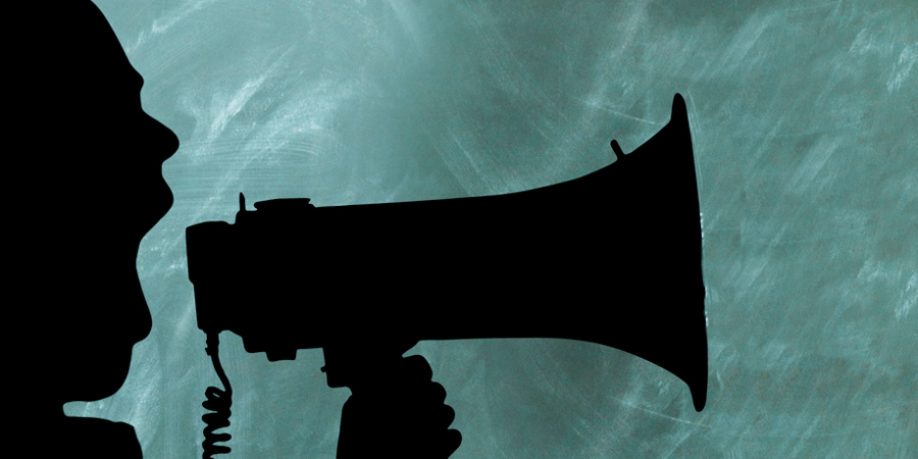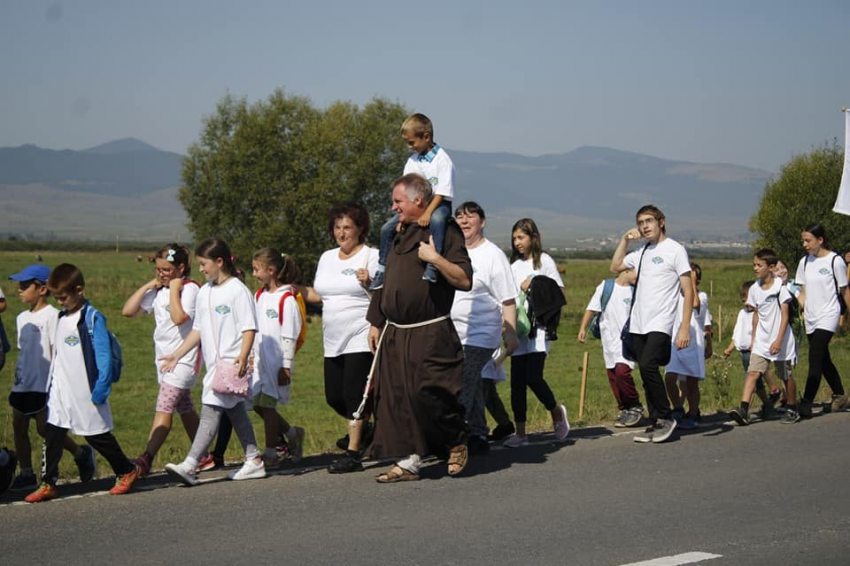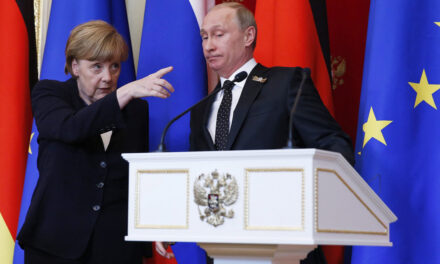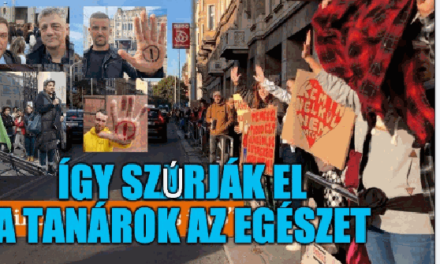Meta decided to allow hate speech against the Russians occupying Ukraine on its social media pages. But only in certain countries.
Meta, the company that runs Facebook and Instagram, announced in a reversal of its "hate speech" policy that users of the social platform in certain countries are allowed to call for violence against the Russian occupiers of Ukraine.
"Like an emperor in the amphitheater whose capricious thumb decides the fate of a slave, or like a Greek god treating cruelty as a public sport, the social media platform has taken control of the fate of free speech in Europe"
- writes Ed Cumming on the Telegraph website.
"As a result of the Russian invasion of Ukraine, we have temporarily allowed forms of political expression that normally violate our rules, such as violent speech such as 'death to the Russian invaders,'" Meta said in a statement, adding, however, that it still does not allow Russian credible calls for violence against civilians.
“Don't kill your brother, but chat about it online if it doesn't look like you're actually going to do it. And only in Armenia, Azerbaijan, Estonia, Georgia, Hungary, Latvia, Lithuania, Poland, Romania, Russia, Slovakia and Ukraine," the author lists.
According to Cumming, the Meta is a supranational power.
“It is an empire run by one man that influences voters, bans speech and provides a meeting place for fools and perverts – and a place to complain about littering. In other words, a church. However, unlike the church, Meta and its subsidiaries operate for the financial benefit of shareholders"
the article says.
The author recalls that in recent years the company has been tough on what language it allows on its platforms and has set strict rules regarding obscenity and violence.
Meta's decision does not seem objectionable at first sight, Ruth Smeeth, a former Labor MP who is now chief executive of the Index on Censorship, told the Telegraph. "It seems like a pragmatic decision. The idea that there can be no call to arms inside Ukraine is perverse. Would World War I poetry have survived Facebook's original approach? But there is a bigger issue here, about who owns the speech and what is acceptable and what is not. I'm not sure Meta should be the sole arbiter."
"The cases in Ukraine are far from clear-cut. Where is the border? "Is it permissible to 'drive the invaders from our land'?" How about the old lady who tells a Russian soldier to put sunflower seeds in his pocket so that when he is killed it will mark his grave. Is this a call to violence?” asks Ben Evans, a tech writer. “If [Ukrainian President] Zelensky says that every Russian who comes to Ukraine to kill civilians goes home dead – is that allowed? And if Facebook took them down, what would we think?”
In addition, the existence of guidelines is not the same as their compliance, the author states. Facebook moderates more than two million posts a day, using a mix of algorithms and people.
"Artificial intelligence is good at recognizing concrete things - for example, naked bodies - but it has a hard time dealing with context. A humanitarian group and a terrorist organization can post the same image with a completely different meaning."
Cumming writes.
“Whenever I see something about the Russian-Ukrainian war on social media, I always dismiss that information,” Alex Kradosomski-Jones, director of the Demos Social Media Analysis Centre, told the author. “I've never felt this before. The quality of information on these platforms is just so low.”
The expert speaking in the article said that this week's news is further evidence that Facebook has found itself in a situation for which it does not have the tools. “They have to accept that they are a political entity,” he says. "The days of being able to say they are just a platform are long gone."
Full article here .
Featured Image: Pixabay












